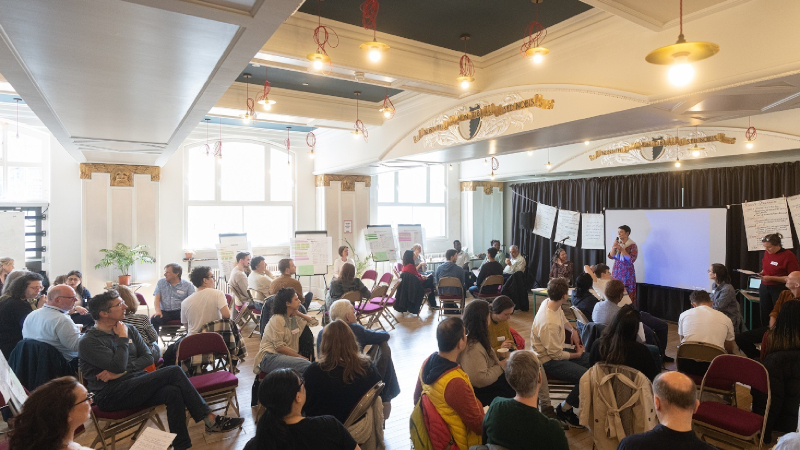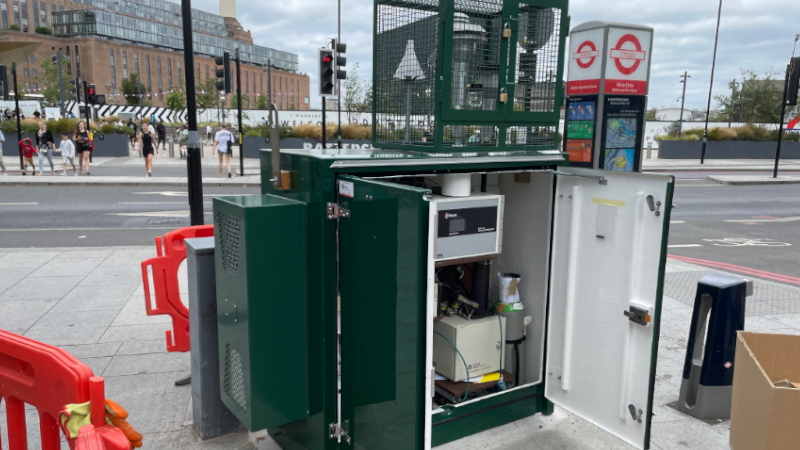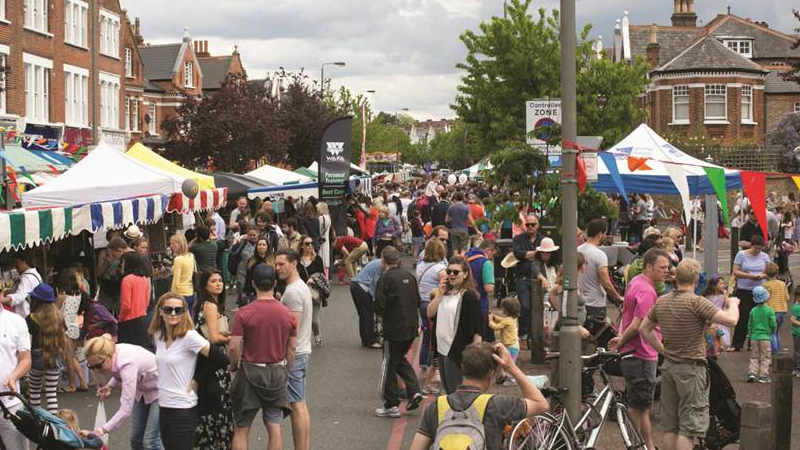Improving air quality
Air pollution is the biggest environmental threat to health in the UK, with between 28,000 and 36,000 deaths a year attributed to long-term exposure. There is strong evidence that air pollution causes the development of coronary heart disease, stroke, respiratory disease and lung cancer, and exacerbates asthma.
We are working to improve air quality within the borough and achieved Cleaner Air Borough status, approved by the Greater London Authority in September 2024.
Air Quality Action Plan
We have drafted the Wandsworth Air Quality Action Plan, which was based on the recommendations of the Wandsworth Air Quality Citizen’s Assembly. This assembly, consisting of 50 randomly selected local residents, was established as part of our commitment to using innovative methods to empower local people to set the tone and direction around responses to crucial borough wide issues.
We have also implemented two teams of Air Quality Ambassadors:
- The first team focusses on schools, aiming to deliver a range of engagement, education, and awareness initiatives
- The second team undertakes various independent projects within the local community, leveraging the enthusiasm and knowledge of local ambassadors, with ongoing technical and other support from our air quality officers
To improve air quality in the borough, we working to discourage the use of wood burning stoves with a targeted information campaign. We are also lobbying the government for powers to eliminate wood burning in Wandsworth.

Improving air quality monitoring, information, and data
We currently monitor air quality within the borough from around 80 locations using three types of monitoring techniques.
We publish live data on London Air from Automated Monitoring Locations and around 50 diffusion tubes. Additionally, live data is streamed on the Breath London website.
The team has now begun investigating complaints and concerns from residents about internal air pollution. They have a pool of equipment that can be deployed in homes to monitor changes in air quality.
Air quality within schools is monitored and reported. The team continues to offer free air quality assessments to schools, in partnership with the Air Quality Ambassadors programme.

Targeting idling vehicles
To target idling vehicles, we have a civil enforcement officer who routinely engages with motorists when idling is observed.
The air quality team also host events in idling hotspots and around schools.

Reducing air pollution
To reduce air pollution, we are:
- Working with other councils to identify cost effective ways to reduce PM2.5 emissions from commercial kitchens
- Lobby the government to improve standards and legislation
- Working to eliminate high pollution pockets through transport emissions management and improvements in point source emissions
- Apply air quality policies for new construction, as appropriate, and enforce strict standards on dust and other emissions during building demolition and the construction of new buildings
- Promoting sustainable transport – with initiatives including Clean Air Day, Car-free day and Clean Air Night
